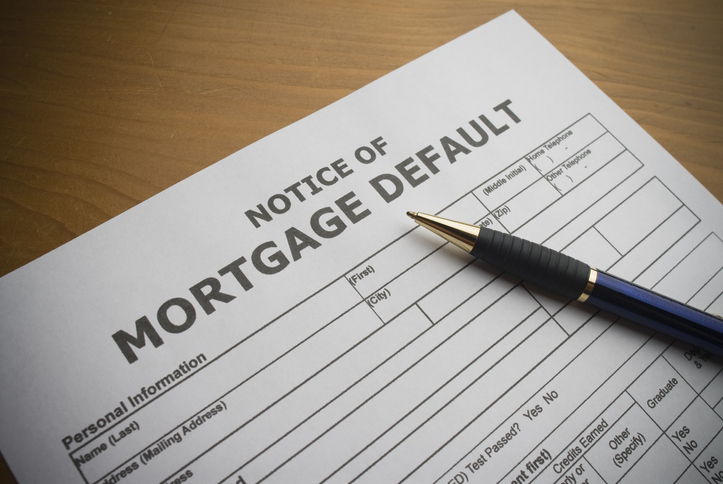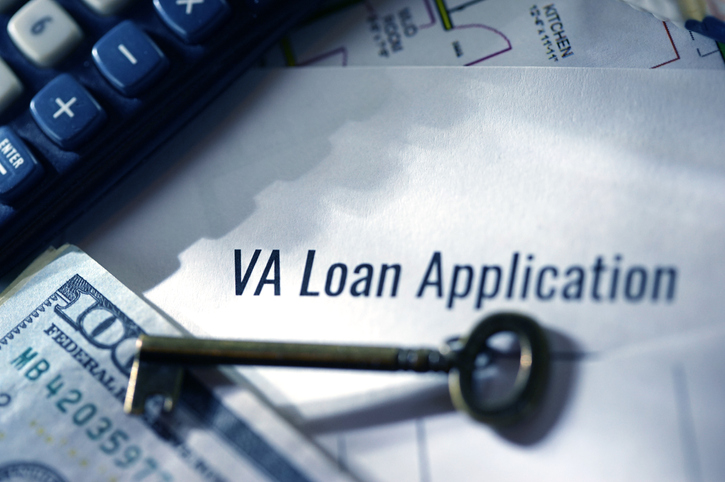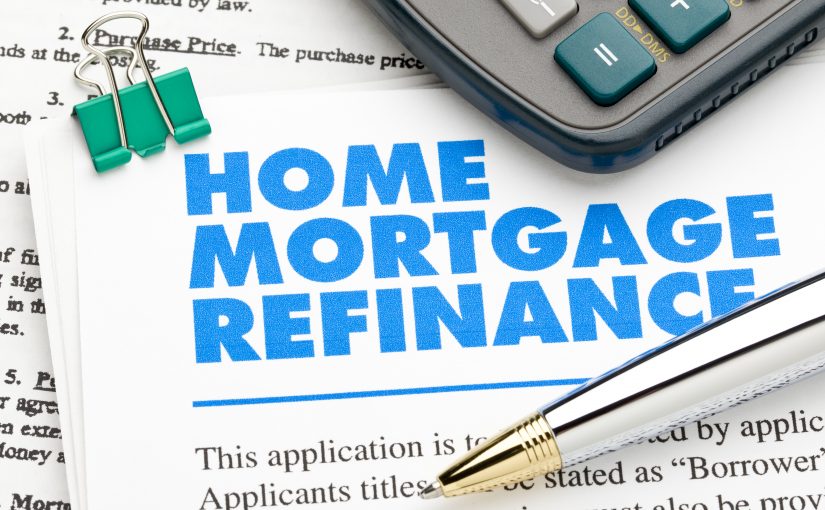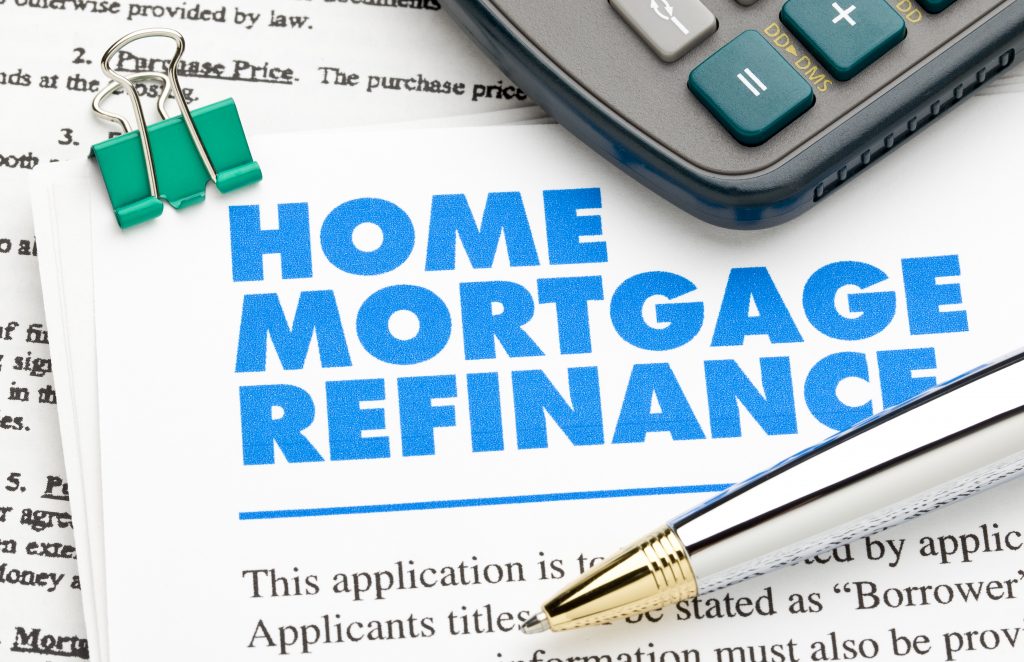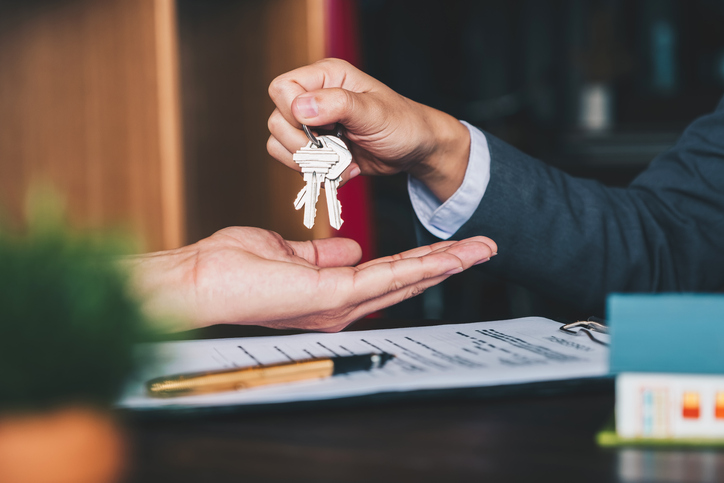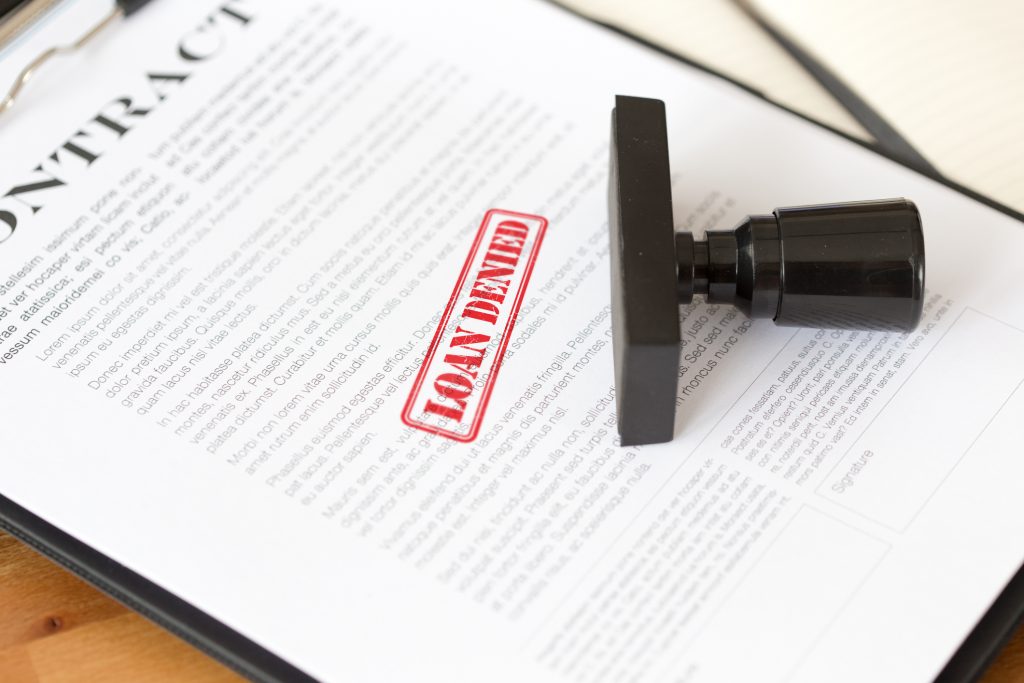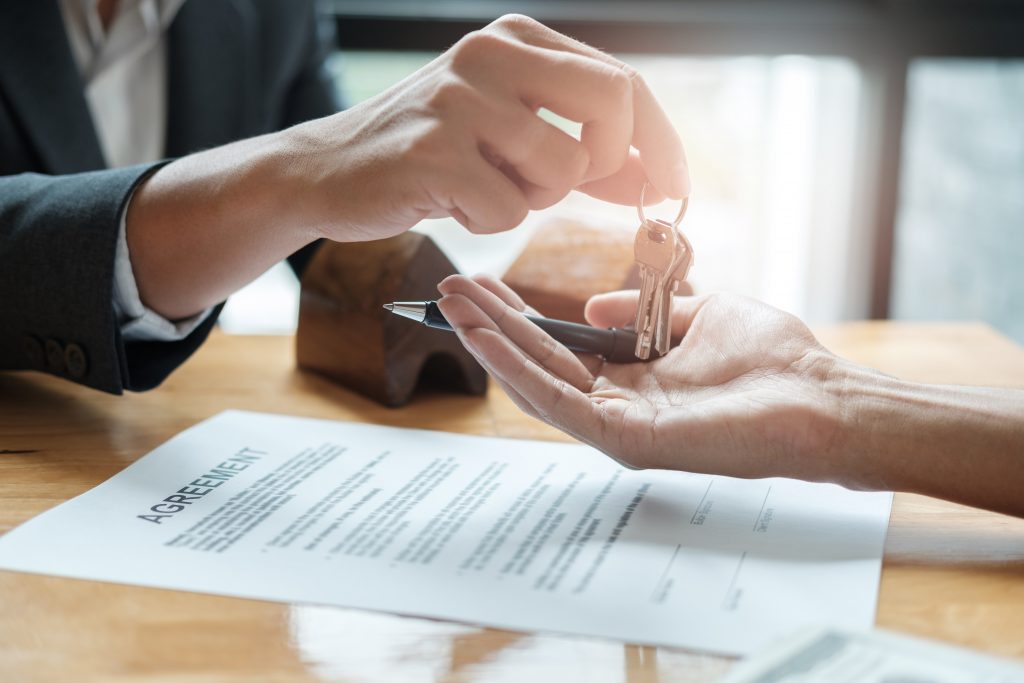
Closing on your home is an exciting time that is the culmination and celebration of months of hard work. However, home ownership doesn’t end at the closing table. Here are a few things for homeowners to expect in their first year post-closing.
What to Expect on Closing Day
On the day of closing, your loan officer will be working around the clock to make sure everything is in order. They’ll ensure all your financial statements are accurate and the necessary paperwork is ready. Once you sign, the paperwork is double-checked. Your title company then transfers the money and you officially own a new home.
What to Expect in the First Month After Closing
Once you move in, your insurance and mortgage companies will begin to reach out. Your title company prepares an insurance policy and sends it to you within 30 days of closing. This policy protects you in case there is something wrong in your title. Additionally, you should receive the details of your mortgage within the first month. This information will be in a first payment letter, which is typically due one month after you close.
Other Post-Closing Events to Expect
There is still a long list of to-dos to complete once you make your first mortgage payment, especially in the first months of the year. If your new home is your primary residence, file a homestead exemption to receive a tax break.
Tax season runs February through April, and it’s a busy time of year. There are several mortgage tax breaks you can take advantage of, including a mortgage interest deduction. Your escrow account, which holds funds related to property taxes, will send you its yearly analysis around February.
Finally, your county will send its yearly property assessment (in Florida it is called a TRIM notice) in August. If you feel like it’s too high, you may want to consider contesting it.
Refinancing
Keep an eye on the economy and make sure to contact your Loan Officer if you notice that interest rates have improved. You may be able to save on your monthly payments by refinancing your loan. Even if rates are the same or higher, you may still benefit by taking cash out for home repairs, a daughter’s wedding, college expenses, or other debt consolidation.
Enjoy Homeownership with Butler Mortgage
Buying a home can be an exciting and intimidating process. If you’re a first-time homeowner in Central Florida, consider financing through Butler Mortgage. Our mortgage experts have worked with both first-time and seasoned homeowners in Central Florida for more than 25 years. Let us help you find the right loan solution for you by calling 407-931-3800 or by filling out our free consultation form online.




